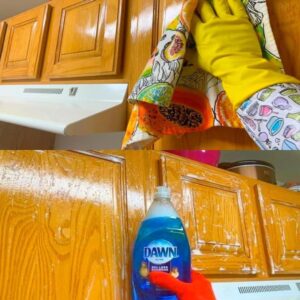Waking up multiple times a night to use the bathroom is a common issue known as nocturia, and it affects millions—especially adults over 50. Though people often blame an aging bladder or kidneys, experts say one of the biggest causes is simply when and how you drink water throughout the day. Frequent night-time urination interrupts deep sleep cycles, leading to fatigue, irritability, low productivity, and even increased health risks over time.
Urologists recommend a “smart hydration” strategy: drink 70–80% of your daily fluids between morning and 4 p.m., taper intake between 4–6 p.m., and minimize fluids after 6 p.m., especially caffeine, alcohol, soups, and sugary drinks. Avoid late-evening sipping, and only take nighttime medications with a few small sips of water. This allows the body to process fluids earlier, reducing bladder activity overnight.
Another key strategy is the leg elevation method. Fluids often pool in the legs during the day, then redistribute when lying down, increasing urine production at night. To combat this, elevate your legs for 30 minutes around early evening. This helps the body process fluids before bedtime and can also reduce swelling.
Within a week of adjusting hydration habits, many people notice fewer nighttime bathroom trips, deeper sleep, and improved morning energy. However, if nocturia continues or is accompanied by pain, burning, blood in the urine, or frequent daytime urgency, a urologist should be consulted, as underlying issues such as UTIs, prostate conditions, or kidney problems may be involved. The good news? For many, better sleep starts with smarter hydration—not less, just earlier.





